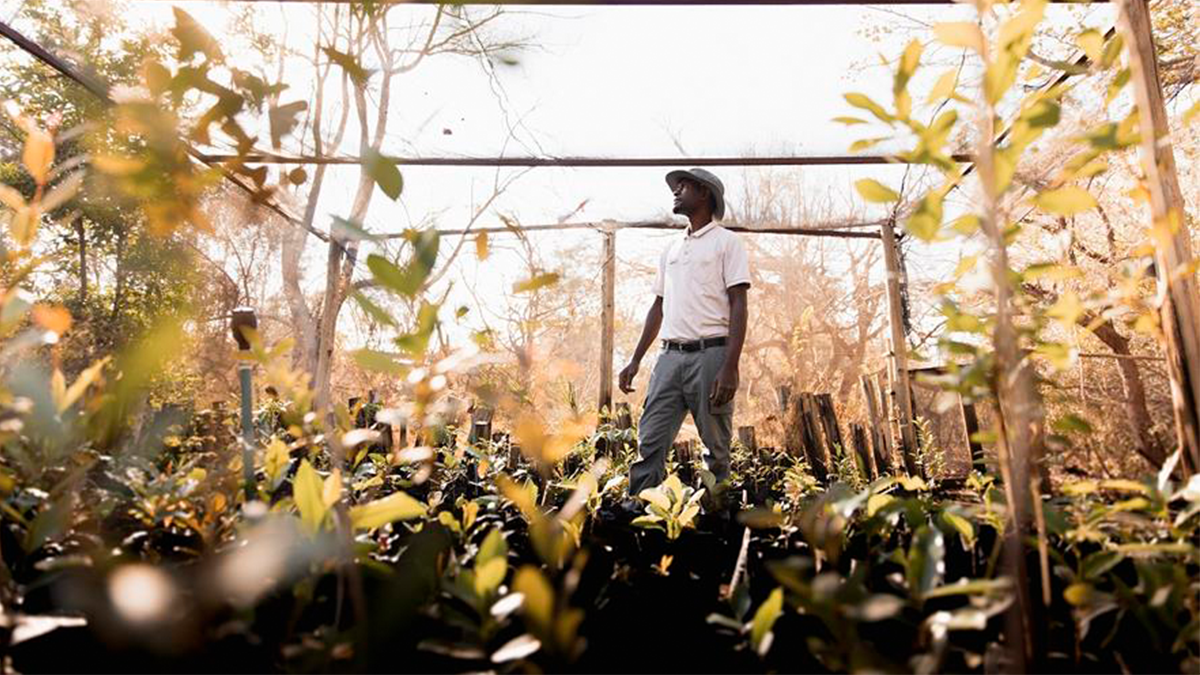As the world marks World Planting Day, as well as the United Nations’ International Day of Forests this March, Wilderness renews its ongoing commitment to its triple-pronged approach to reforestation, embodying the company’s core Impact pillars of Empower, Educate and Protect.
“By supporting locally-run nurseries we help cultivate saplings that not only contribute to our reforestation efforts but also empower these individuals economically. Part of our Children in the Wilderness (CITW) Eco-Club curriculum teaches children about the importance of reforestation, nurturing a generation that comprehends the intrinsic value of forests. Moreover, by working with various conservation partners like Ecoexist in Botswana to help improve agricultural methods, we aim to reduce the need for expansive cropland, thus ensuring the protection of natural habitats. Together, these programmes form a holistic strategy that makes a lasting impact on the environment and our partner communities”, noted Vince Shacks, Wilderness Group Impact Manager.
Wilderness’ pioneering reforestation efforts underway at Wilderness Bisate, Wilderness Sabyinyo and Gishwati Forest in Rwanda are a crucial component of the company’s biodiversity plans, aligning with global initiatives to promote environmental sustainability and conservation.
The 100,000-plus indigenous trees planted at Bisate near Volcanoes National Park Rwanda have transformed this previously degraded site into a thriving forest, with numerous wildlife species returning to the area.
“As of 4th March, our cumulative planting figures for Bisate, Sabyinyo and Gishwati, will be 134,848 trees”, said Jason Glanville, Wilderness Rwanda Environmental Manager. This includes additional reforestation efforts aimed at restoring the area around our new Bisate Reserve lodge due to open in September 2024, further enhancing the overall ecological impact.
True to the full-circle approach, non-indigenous plants such as eucalyptus – a prolific grower which thrives in the region – is removed, but nothing goes to waste. The cut brush is used as firewood for Bisate and to benefit the surrounding communities. All guests visiting these properties are also invited to participate, planting trees from the indigenous nurseries on site, thus becoming vital chapters in these ongoing conservation success stories.
Inspired by the impactful reforestation initiatives at Bisate, the nearby CITW partner school, Nyabitsinde Primary School’s Eco-Club recently engaged with their own tree-planting initiative. Adding to the cause, they proudly planted over 210 indigenous saplings grown in their own tree nursery, reflecting a dedication to collaborative conservation and highlighting the active involvement of inspiring young conservationists.
“Tree planting for habitat restoration is a good initiative but also comes with a responsibility to ensure that only native tree species are used and also that planting only happens on land that is meant to be forested. This is why we aim to pair all planting activities with strong educational lessons, as well as explore how we can further develop small enterprises from these activities.” concluded Vince.
